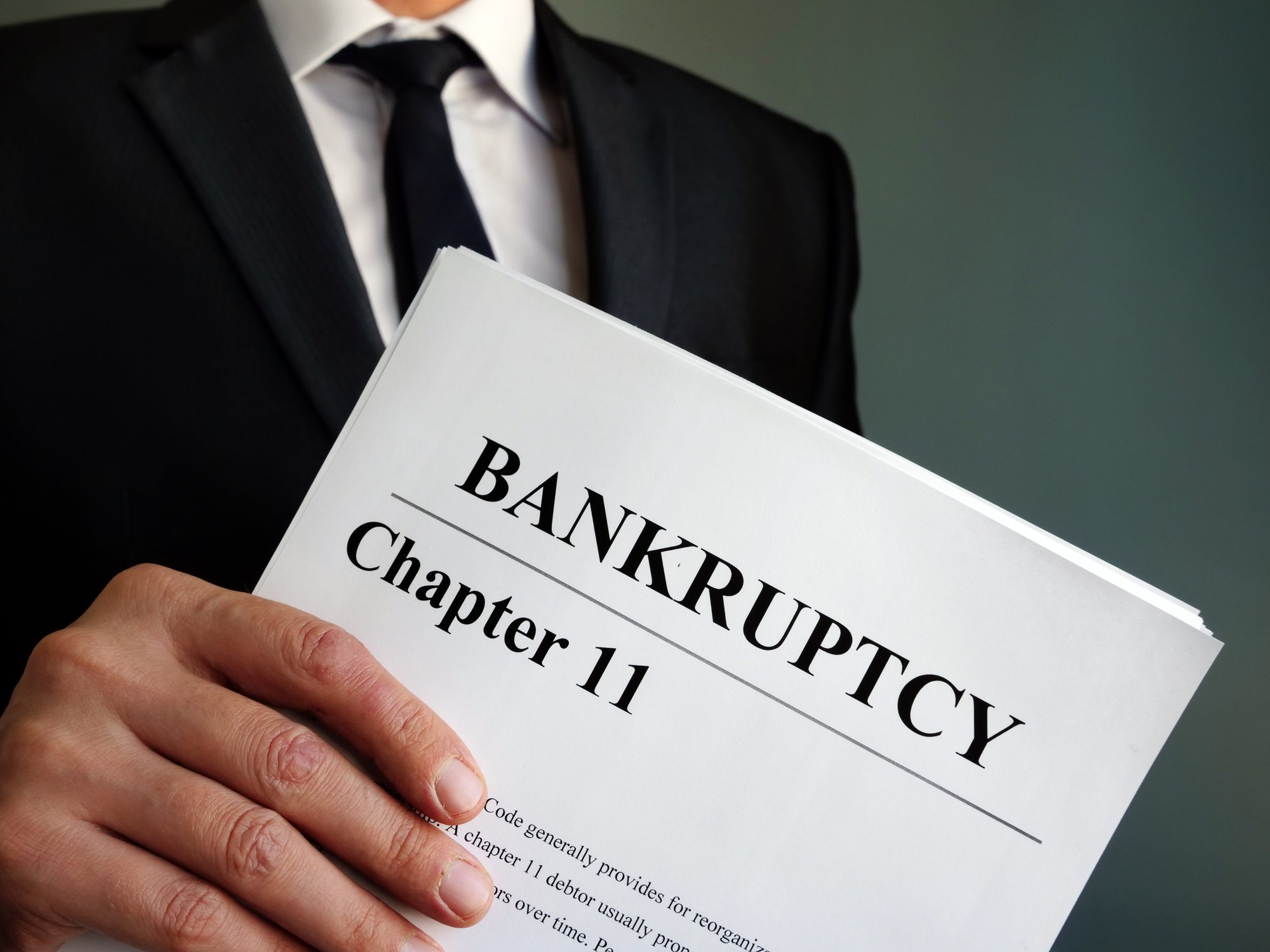The oil price slump has hit energy stocks hard in the past few months. Chesapeake Energy's (CHK +0.00%) stock is down 41% off of its 52-week high, which is incidentally the same percentage that West Texas Intermediate crude is off its high.
Chesapeake Energy's stock has been hammered despite the fact that it's not much of an oil company. Nearly three-quarters of its production is natural gas, which actually has been rising for the past month or so. For that reason alone we could make a strong argument that Chesapeake Energy's sell-off is unjustified. However, a better case could be made by looking at the company's valuation, which is starting to look compelling when compared to its historical averages.
Drilling down into the numbers
In mid-September, I took a close look at Chesapeake Energy's valuation in relation to its historical averages, as well as its valuation relative to some of its close peers. At that time, the valuation looked pretty good, as shown in the chart below, which uses numbers through the second quarter of 2014.
|
Chesapeake Energy |
2014 |
Historical Average |
|---|---|---|
|
Price/Earnings |
27.1x |
16.0x |
|
Enterprise Value/EBITDA |
6.3x |
7.3x |
|
Enterprise Value/Total Revenue |
1.9x |
3.2x |
|
Price/Tangible Book |
1.4x |
1.3x |
Source: S&P Capital IQ.
Chesapeake Energy's valuation through the second quarter was cheaper than the historical averages of most of the common energy valuation metrics. The stock has only gotten cheaper since that point thanks to the sell-off linked to oil market worries, as well as the fact that Chesapeake has another quarter of growth in the books. We see this in the following chart, which takes a slightly different look at the company's valuation multiples across the past decade.
CHK P/E Ratio (TTM) data by YCharts.
Outside of some weirdness with that data during the credit crisis, Chesapeake Energy's valuation across a basket of different multiples is pretty cheap today. Pushing aside the P/E ratio, which can be significantly affected by hedging losses and asset writedowns, we see that most of the company's valuation multiples are not just below the historical average over the past decade, but actually closer to historical lows. This suggests that now might be one of the best times to buy Chesapeake Energy's stock if, and this is a big if, you have a bullish outlook on commodity prices going forward.
The other reason why now could be one of the more compelling times to buy Chesapeake's stock is because of how well positioned the company is to handle the downturn in oil. When natural gas prices last went south, Chesapeake Energy was overwhelmed with debt. This forced the company to sell assets at what some believed were fire-sale prices. This time, its balance sheet is a source of strength -- the company has shed billions of dollars in debt as it cut costs and recently sold assets at a premium. Chesapeake can use this strength to not only survive the current oil crisis, but to thrive once prices pick up again.
Investor takeaway
Chesapeake Energy's stock price will always move alongside energy prices. So if oil prices keep falling, the valuation could look even cheaper a few months from now. However, for long-term investors who aren't worried about volatility, now is as good a point as we've seen in a long time to buy Chesapeake Energy stock.








